When it comes to fitness and strength training, one common question arises: "Is 24 hours enough rest for muscles?" The short answer: it depends on several factors, including workout intensity, type of exercise, and individual recovery capabilities. Let's dive deeper into understanding muscle recovery to optimize your training routine.
The Science Behind Muscle Recovery
Muscle recovery is crucial as this is when muscles repair and grow stronger following the microscopic tears caused by workouts. Typically, this recovery period is influenced by exercise type, duration, intensity, and overall fitness level.
For moderate-intensity workouts, such as basic weightlifting routines or lighter cardio sessions, 24 hours might suffice. However, more intense workouts involving heavy lifting or high-intensity interval training (HIIT) generally require 48 to 72 hours of recovery for optimal muscle growth and injury prevention.
Individual Factors That Influence Recovery
Everyone recovers differently. Factors that significantly influence muscle recovery include:
-
Age: Younger individuals often recover quicker due to higher hormonal activity.
-
Diet and Hydration: Proper nutrition, including adequate protein intake and hydration, speeds up muscle repair.
-
Sleep Quality: Deep, restorative sleep is crucial as most muscle repair happens during sleep.
-
Stress Levels: Elevated stress can impede muscle recovery, extending the required rest time.
Signs You Need More Than 24 Hours Rest
It's essential to listen to your body. Signs you may need additional rest include:
-
Persistent muscle soreness beyond typical DOMS (Delayed Onset Muscle Soreness).
-
Reduced strength or poor performance during subsequent workouts.
-
Increased irritability or feeling fatigued constantly.
Optimizing Your 24-hour Recovery Window
If you're limited to a 24-hour recovery period, here are strategies to enhance muscle repair:
-
Active Recovery: Gentle movements like walking, yoga, or stretching can boost blood flow and promote healing.
-
Nutrition: Immediately post-workout, consuming protein-rich foods or supplements can aid muscle protein synthesis.
-
Hydration: Ensuring proper hydration aids metabolic processes essential for recovery.
-
Sleep: Aim for at least 7-9 hours of quality sleep to maximize recovery potential.
My Personal Experience with 24-Hour Recovery
As a fitness enthusiast and trainer, I've experienced periods where I relied heavily on quick recovery methods. While I found that 24-hour rest periods worked well for lighter, high-rep workouts, heavy compound lifts consistently required 48 hours or more. Recognizing this pattern allowed me to strategically schedule workouts to maximize muscle growth and minimize injury risks.
Bottom Line: Tailoring Recovery to Your Needs
Ultimately, whether 24 hours is enough rest depends on your specific situation. Pay attention to your body's signals and adjust accordingly. By combining awareness, proper nutrition, rest, and active recovery strategies, you'll be well-equipped to maintain a healthy, sustainable, and effective workout routine.










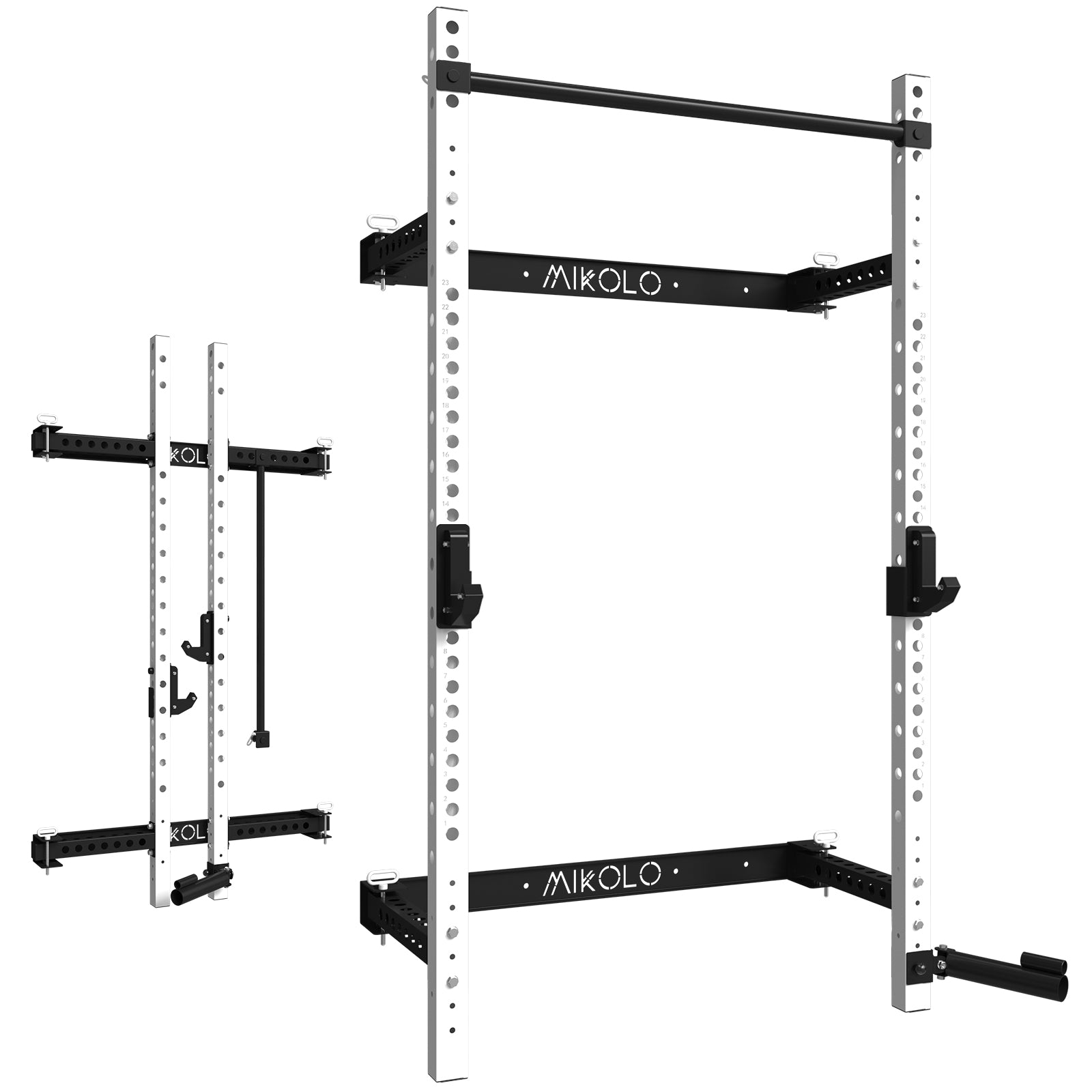




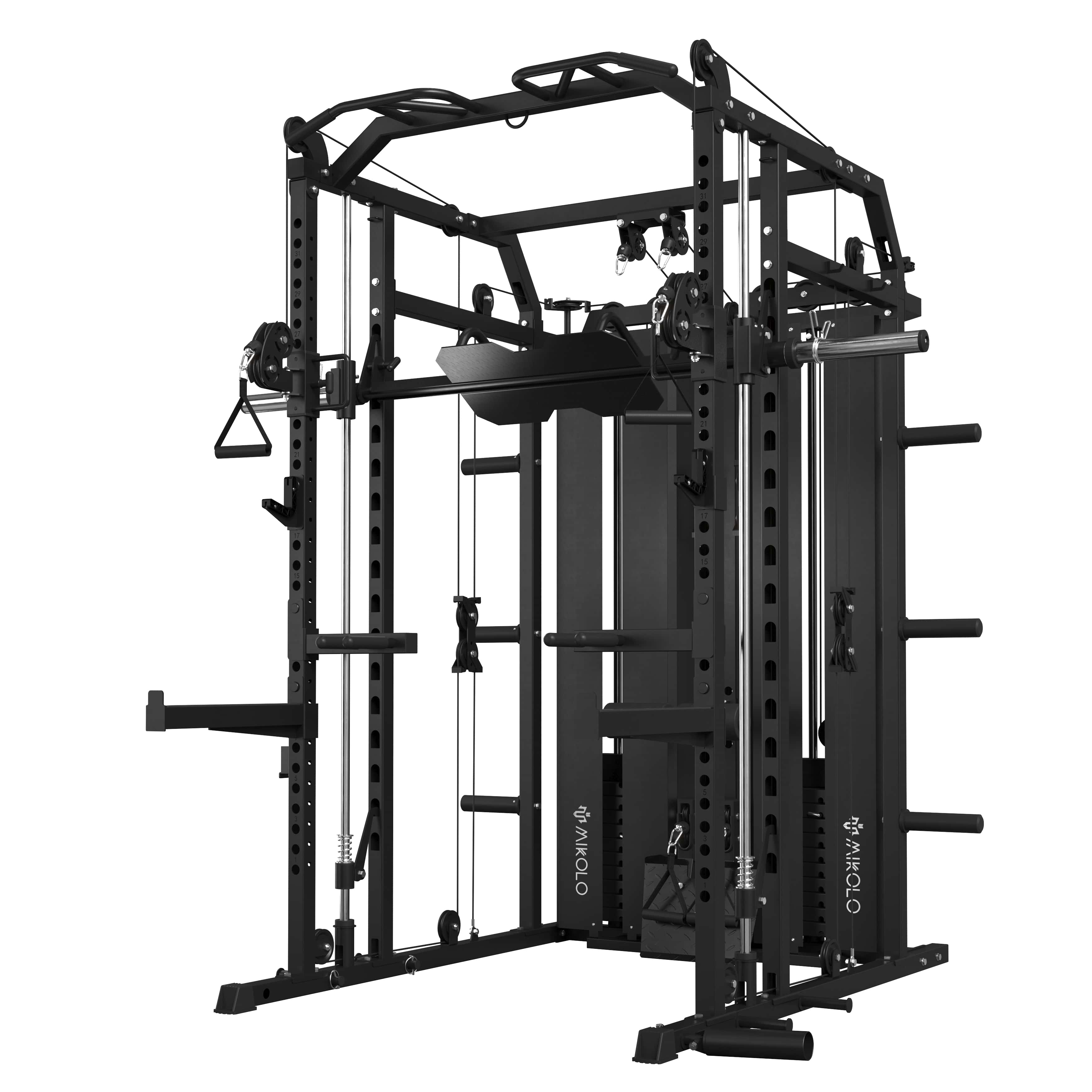




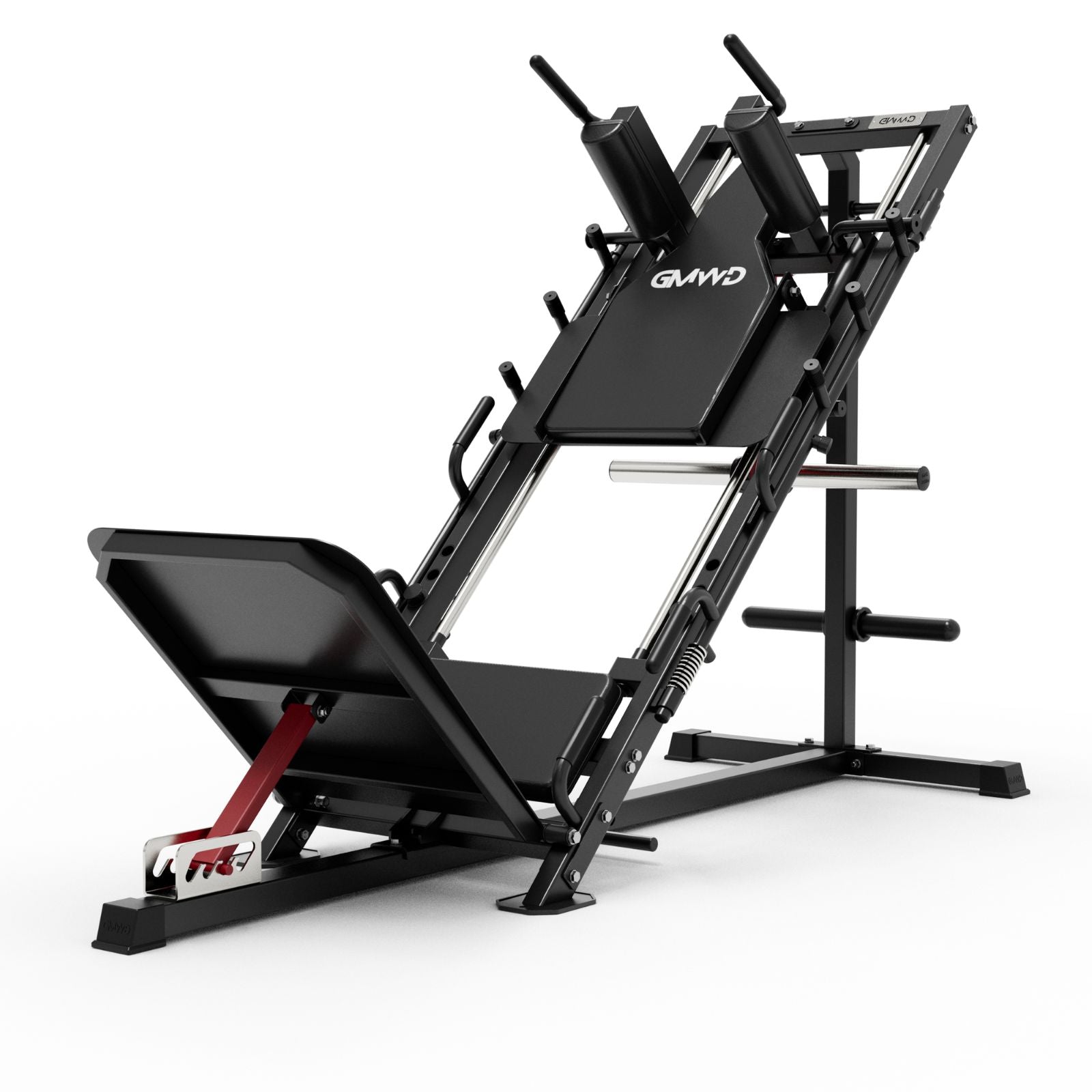








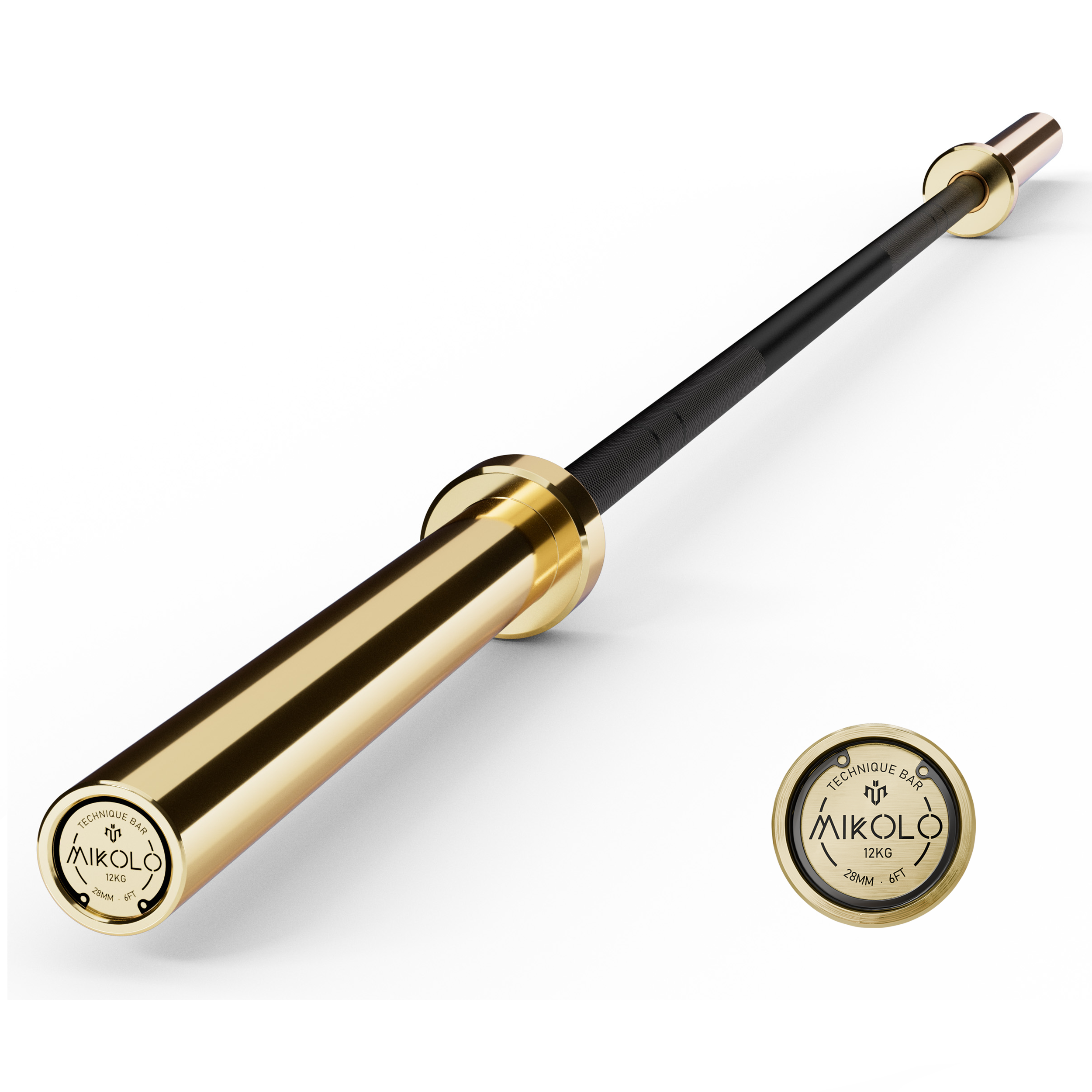


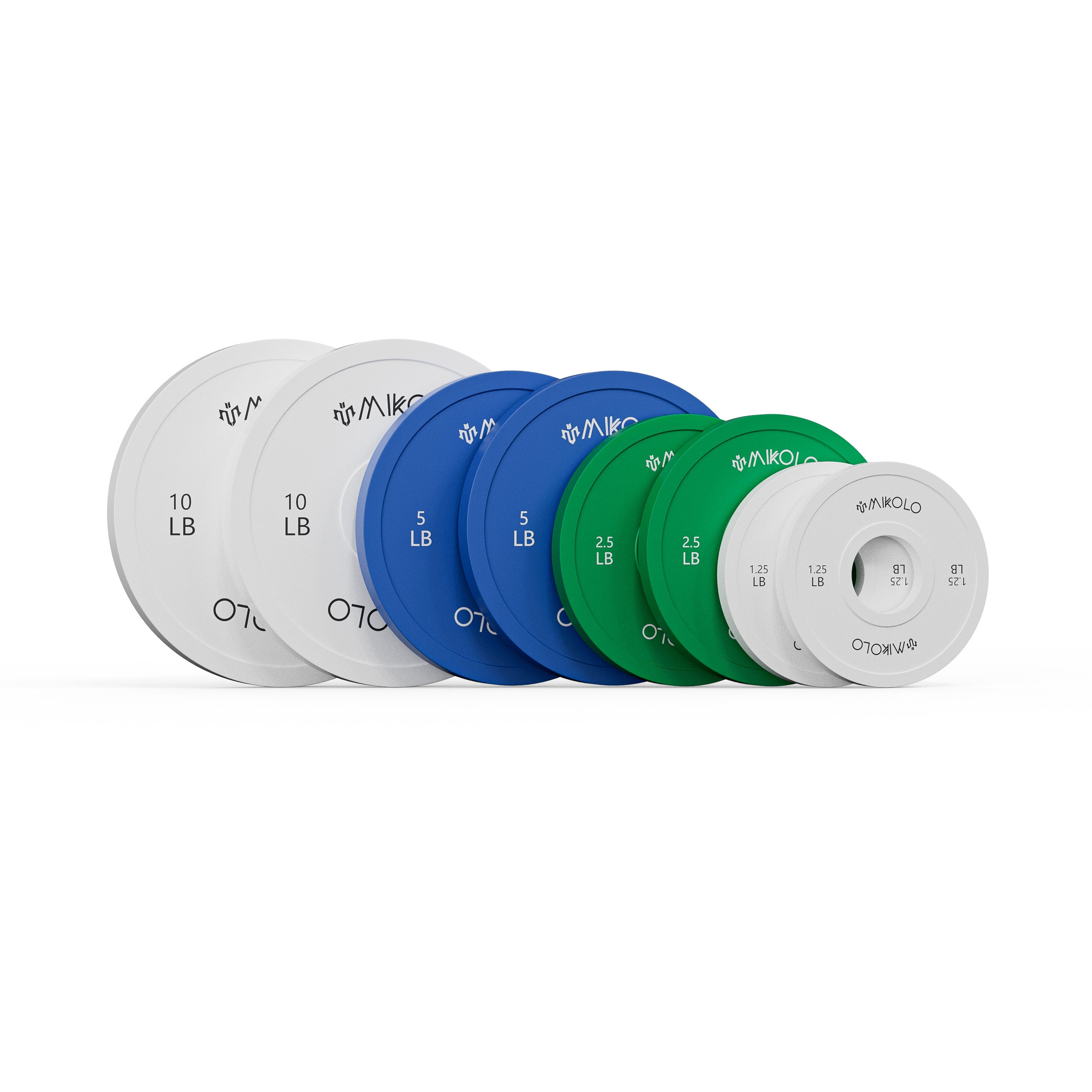


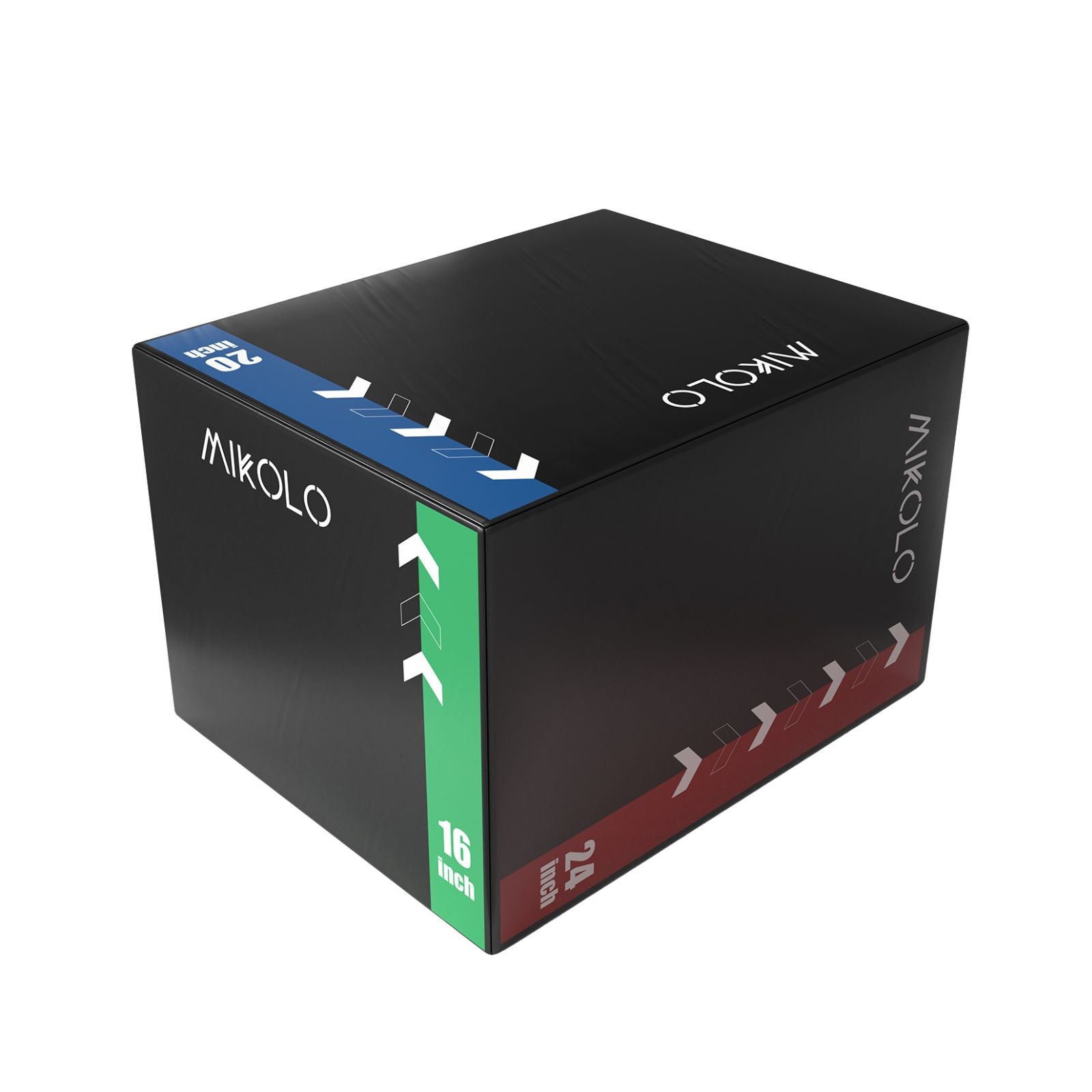






Leave a comment
This site is protected by hCaptcha and the hCaptcha Privacy Policy and Terms of Service apply.